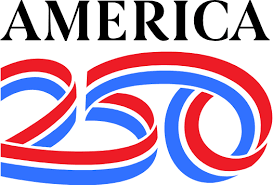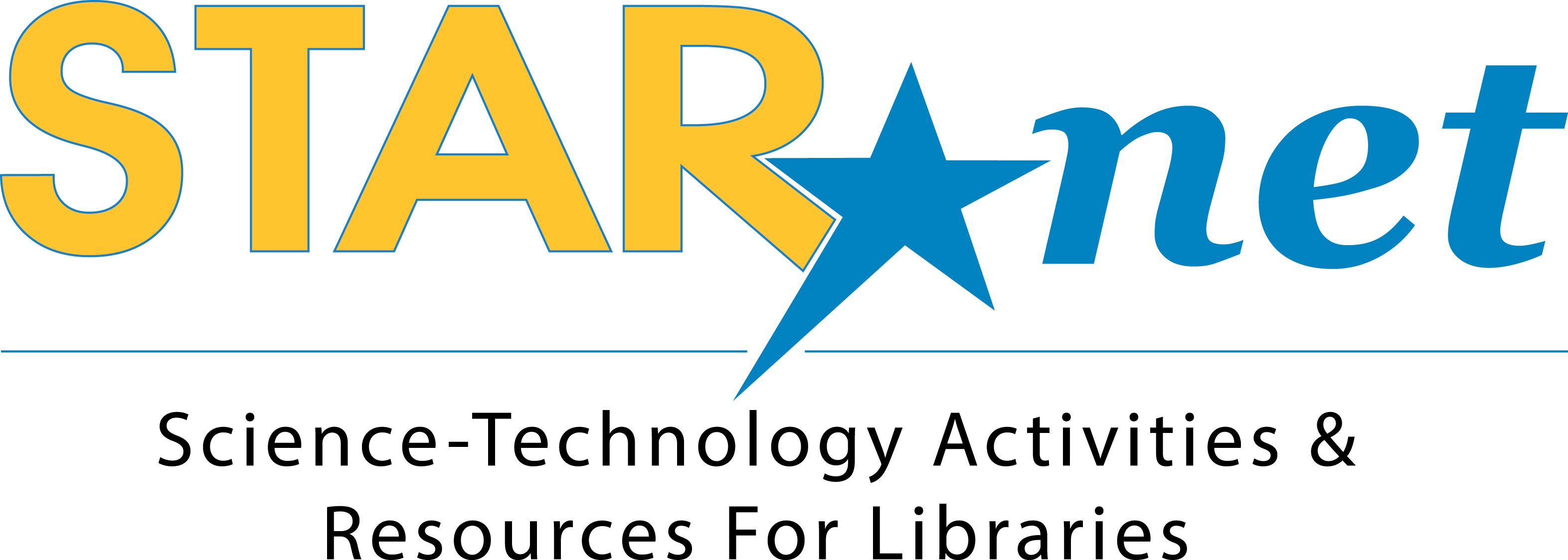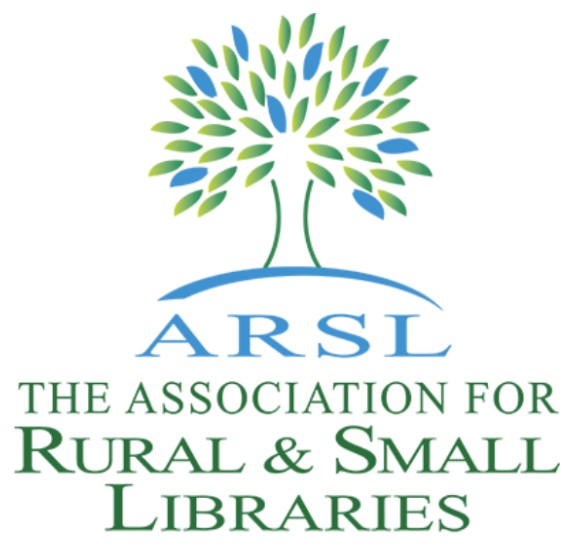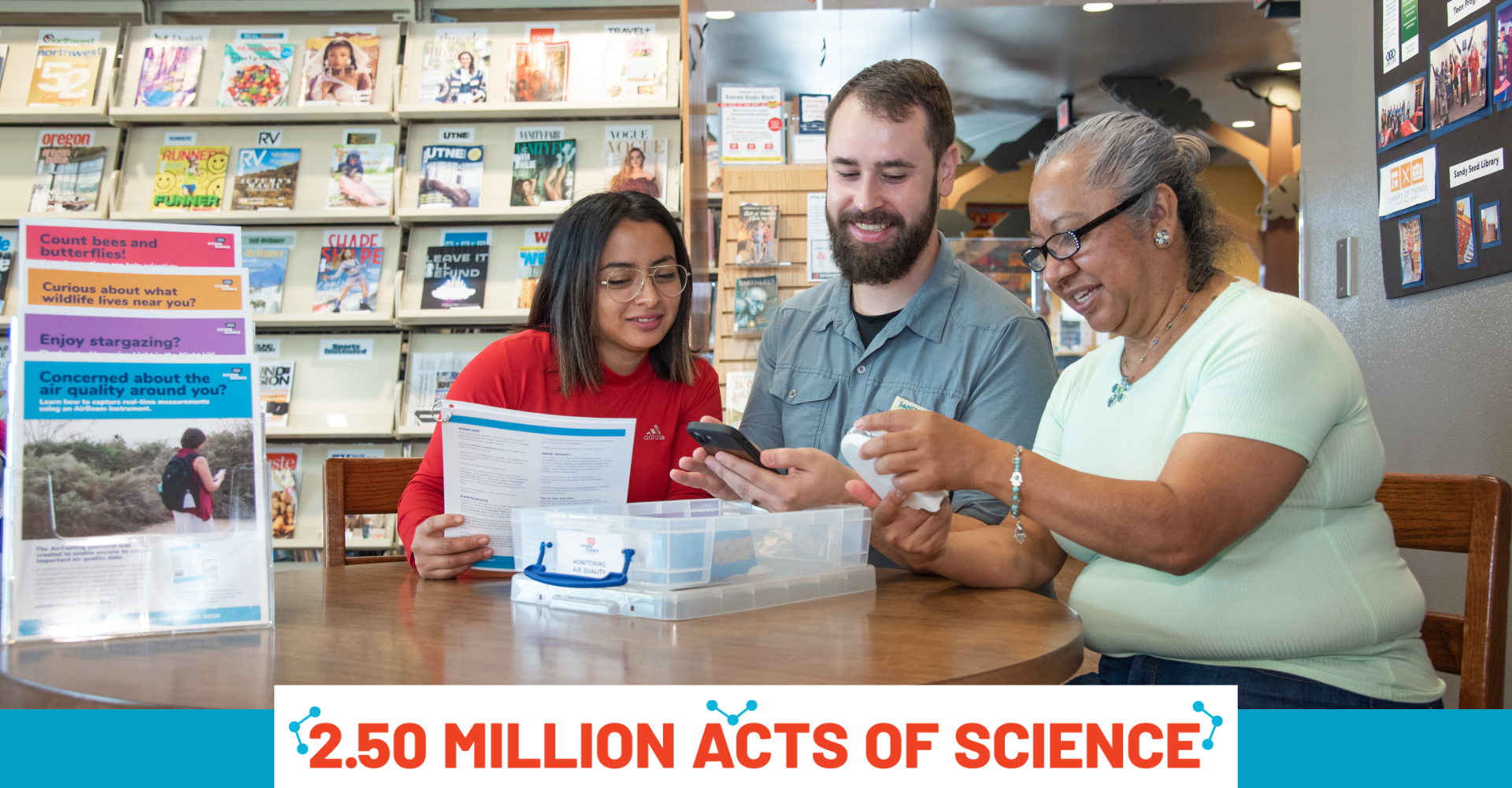
Celebrate America250: Prepare for 2.50 Million Acts of Science with SciStarter
Libraries, museums, and other community spaces are cornerstones of civic life and curiosity. In April 2026, they’ll become launchpads for discovery—inviting individuals and families to join citizen science projects that spark imagination and advance real-world research.
In celebration of America’s 250th Anniversary, join a movement that highlights the power of everyday people to shape our future through science. Be part of America Gives and America Innovates by participating in the “2.50 Million Acts of Science” challenge throughout April 2026—Citizen Science Month!
From birdwatching and testing water quality to classifying galaxies at the library, people of all ages in your community can make a difference. As we celebrate America’s 250th birthday, we’ll honor a legacy of discovery—and spark its future—one act of science at a time.
LIBRARIES: For general Citizen Science Month resources, click here.
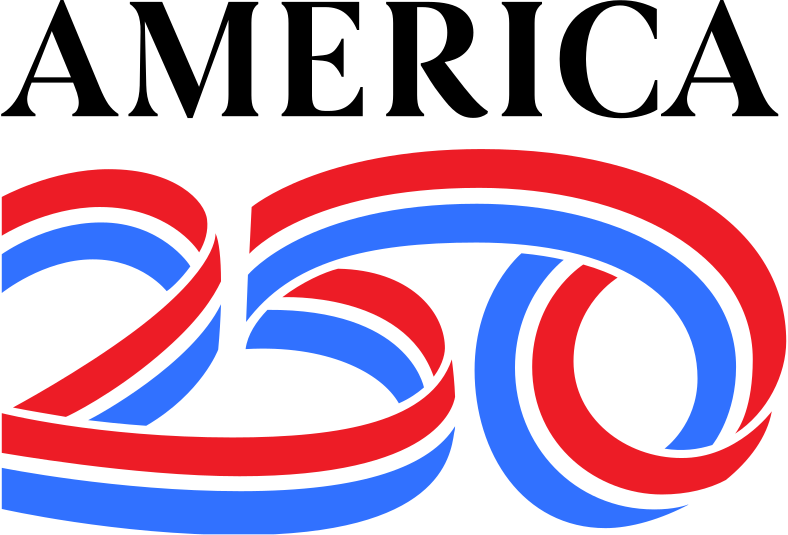
America250
The United States will commemorate the 250th anniversary of the signing of the Declaration of Independence. The Semiquincentennial is celebrated all year in 2026. This milestone is a time to:
- Celebrate creativity, innovation, and civic participation.
- Look ahead to the future we want to create, for ourselves and the next generation.
- Share the full America’s story, before and beyond the signing of the Declaration of Independence.
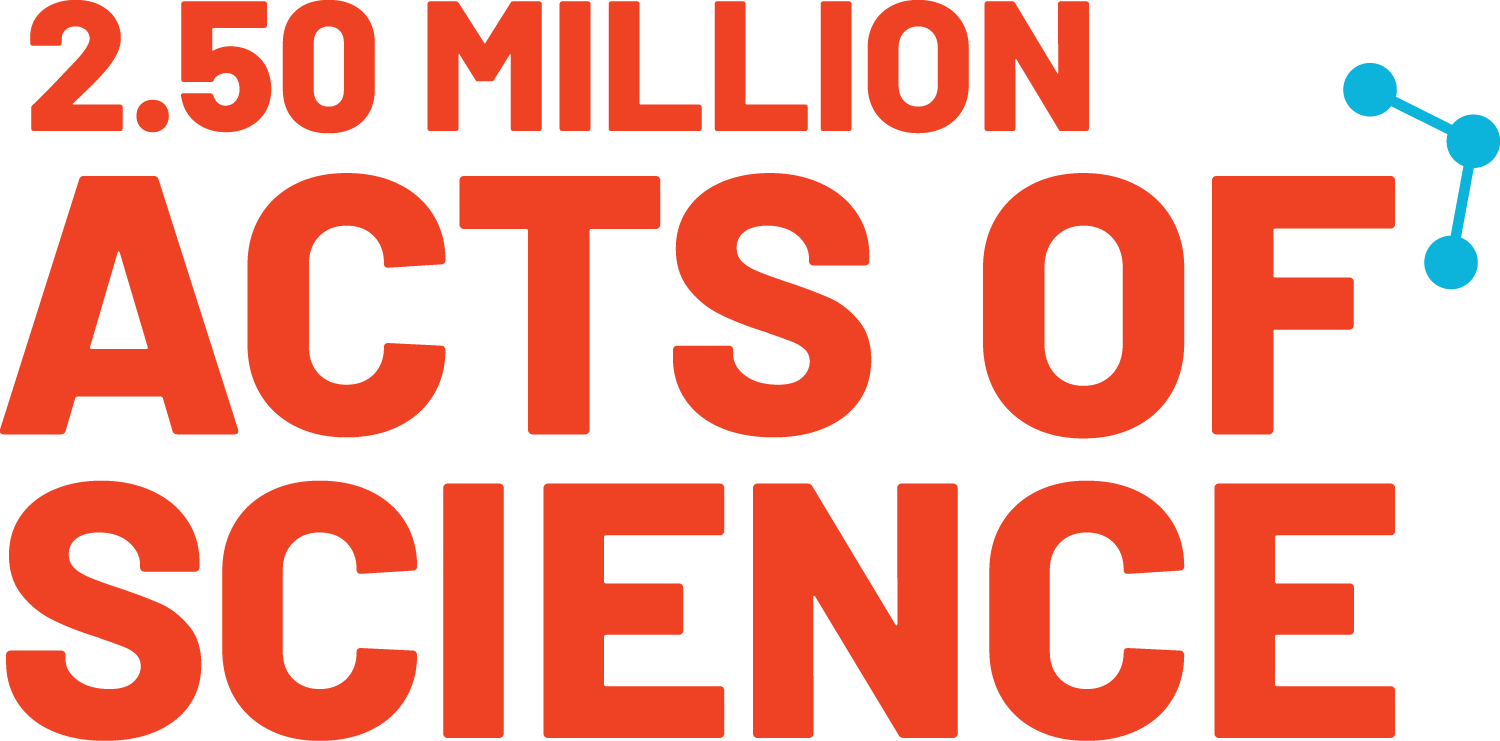
Citizen Science Month
Each April, everyone is invited to join the Acts of Science challenge. This year, we’ll have a special focus on America250 as we aim for 2.5 Million Acts.
- Plan citizen science programs and events to help more people find ways to participate in science.
- Report Acts to make them count!
- Connect citizen science to America250 celebrations.
- Celebrate the collective impact people-powered science!
Preparing for America250 with SciStarter
With support from Arizona State University and SciStarter, anyone can contribute to real scientific research by sharing observations, uploading photos, analyzing data, and more—all through simple, meaningful activities in your own community. Here’s how to prepare for April, Citizen Science Month:
Through three phases—Inspire & Listen, Equip & Prepare, and Act & Celebrate—you’ll prepare for April using free resources, trainings, examples and support.
Timeline: Fall 2025 (September-December)
Goal: Build excitement and awareness around citizen science while connecting to local values, interests, and history.
Examples:
- Host displays, tabling events, or short programs introducing citizen science. Find resources here.
- Share stories about historical figures who practiced science (e.g., Benjamin Franklin, Indigenous observers, community health workers).
- Hold a community listening session or use survey templates to gather input on local priorities (e.g., environment, health, history).
- Use tools like My Wish for the U.S., OnOur250th.org, or story mapping to gather hopes for the future.
- Invite local leaders, elders, or youth to co-lead conversations.
How SciStarter Will Help:
- We’ll provide ready-to-use materials (flyers, posters, bookmarks) to introduce citizen science to your patrons.
- We will host Citizen Science Month facilitator planning calls.
- We will promote the activities you share with us– register your programs as events: SciStarter.org/add-event.
Timeline: Winter 2026 (January- March)
Goal: Get ready! Train staff and volunteers, select citizen science projects, and prep your space and schedule. This phase ensures everyone has the skills, tools, and confidence to take action together—fostering local ownership and sustainability.
Examples:
- Complete the Foundations of Citizen Science and SciStarter Ambassador trainings and share it with staff and volunteers.
- Choose projects from SciStarter’s searchable database. Pick activities that match your state’s A250 priorities (e.g., pollinators, air quality, local weather, health).
- Download or request free toolkits, guides, or activity kits. Find resources here.
- Identify dates and formats for events in April (single events, series, tabling, etc.).
- Connect with SciStarter Ambassadors or nearby library teams for co-planning.
How SciStarter Will Help:
- Free online training modules for staff and volunteers (including the Foundations of Citizen Science training).
- A searchable database to help you select citizen science projects that align with your community’s priorities and capacities.
- Provide a Citizen Science Planning Guide for libraries and museums, with timelines and checklists.
- Connect you with nearby SciStarter Ambassadors or experts who can co-lead or support programming.
- Supply promotional templates (press releases, social posts, email blurbs) to help spread the word.
Timeline: Spring/Summer 2026 (April – July)
Goal: Engage your community in Citizen Science Month—then celebrate the impact. This phase transforms inspiration and preparation into meaningful action—reminding all Americans that participation is patriotic, and science is a tool for building a better tomorrow.
Examples:
- Host one or more citizen science events during Citizen Science Month (April)—from Moth Nights to weather monitoring to local history transcription.
- Encourage patrons to log their “Acts of Science” on CitizenScienceMonth.org
- Share updates and photos on social media using #America250 and #ActsofScience.
- Offer certificates or recognition for local contributors.
- Celebrate with a showcase event in June or early July: share data collected, display art or stories from participants, and reflect on what was learned.
How SciStarter Can Help:
- Feature your events in national calendars and help you log them toward the 2.50 million Acts of Science goal.
- Provide printable and digital celebration materials—including participation certificates, signage, and social graphics.
- Support you with event-day troubleshooting, reminders, and recognition tools.
- Offer templates for storytelling, reflection, and showcasing community findings—perfect for July 4th celebrations.
Thank you to our partners!
